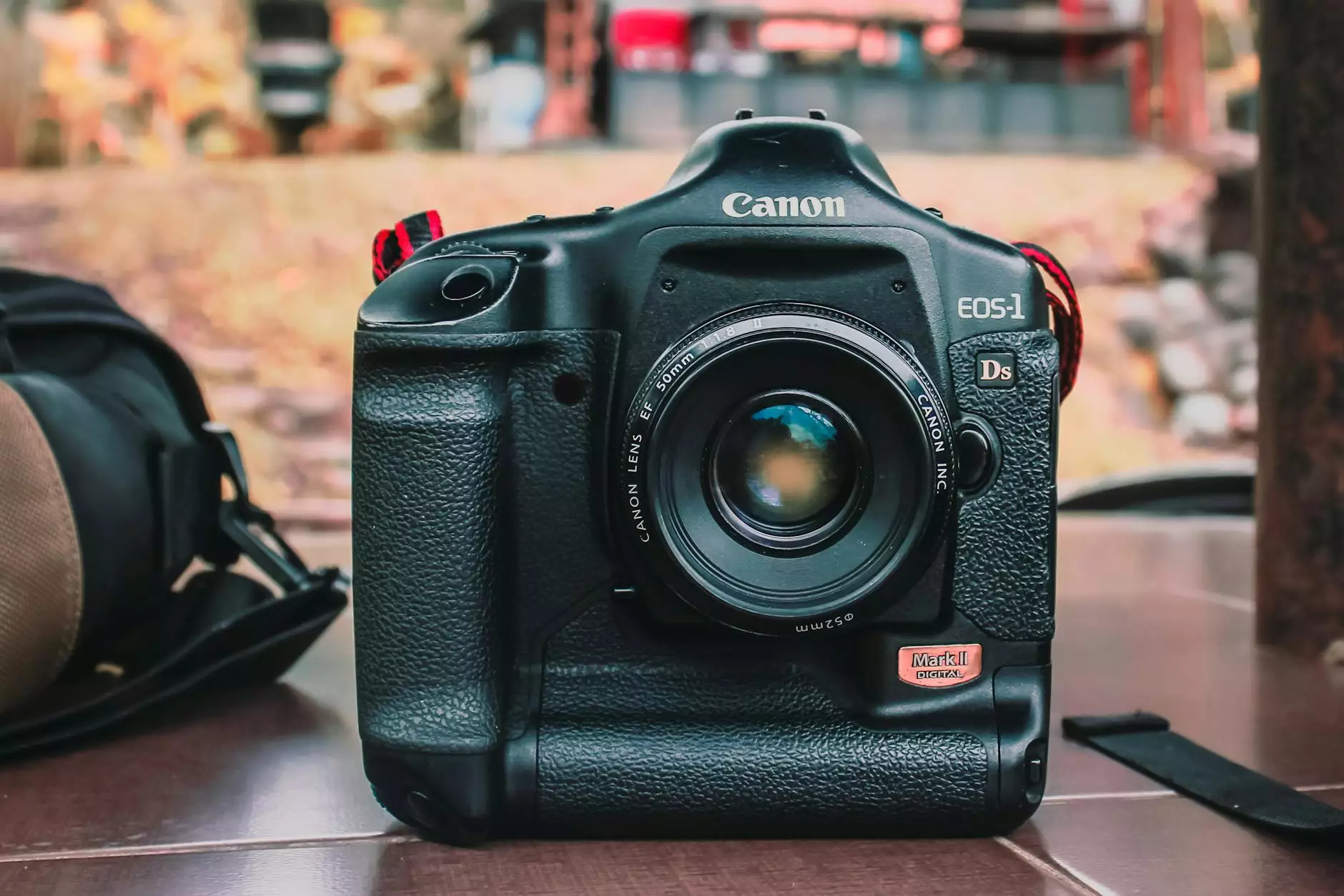Differences Between B2B and B2C Social Media Marketing
Digital Marketing
Welcome to Coyote Website Design's comprehensive guide on the key differences between B2B (Business-to-Business) and B2C (Business-to-Consumer) social media marketing strategies. We believe that understanding these differences is crucial for any business or consumer services provider in the field of website development to optimize their social media strategies and drive maximum engagement and conversions with their target audience.
Understanding the B2B segment
When it comes to B2B social media marketing, businesses need to adopt a more professional and focused approach. B2B interactions are all about building strong business relationships, establishing trust, and showcasing expertise. Your social media strategy should revolve around providing valuable industry insights, thought leadership content, and relevant resources that help businesses solve their pain points and achieve their goals.
In the B2B segment, social media platforms like LinkedIn and Twitter play a significant role. LinkedIn is a goldmine for connecting with industry professionals, decision-makers, and potential clients. Leveraging features like LinkedIn Groups, Pulse articles, and company pages can help establish your brand as an industry authority and generate quality leads.
On the other hand, Twitter allows for quick and direct conversations with potential business partners or clients. Sharing industry news, participating in relevant Twitter chats, and engaging with industry influencers can help increase your brand's visibility and credibility within the B2B space.
Targeting the B2C market
When it comes to B2C social media marketing, businesses have to adopt a more consumer-centric approach. The focus is on building emotional connections, brand awareness, and driving customer loyalty. Your social media strategy should prioritize visually appealing content, storytelling, and leveraging platforms that resonate with your target audience.
Popular social media platforms for B2C marketing include Facebook, Instagram, Pinterest, and TikTok. Facebook is an excellent platform for brand storytelling, community building, and running targeted ad campaigns. Instagram, with its visually driven content, offers great opportunities for influencers, user-generated content, and showcasing your products in an aesthetically pleasing manner.
Pinterest is a hidden gem for businesses in the B2C space. With its focus on visual discovery, Pinterest can act as a powerful search engine to drive organic traffic and sales. Lastly, TikTok has gained immense popularity among younger generations. It presents an opportunity for businesses to create entertaining and viral content, leveraging trends and challenges to increase brand visibility.
Key differences in content tactics
In B2B social media marketing, the content should be educational, industry-focused, and aim to position your company as a trusted advisor. This can include sharing whitepapers, case studies, success stories, and in-depth blog articles. Building a content library that addresses common B2B challenges and pain points can help attract and engage potential clients.
In B2C social media marketing, the content should be visually appealing, emotionally resonant, and designed to capture attention quickly. It should focus on highlighting the unique selling points of your product or service and engaging with customers on a personal level. This can include catchy product videos, customer testimonials, user-generated content, and interactive contests.
Engagement and conversion strategies
In the B2B space, engagement is achieved through sharing valuable content, participating in industry discussions, and providing solutions to business challenges. Building a strong professional network and actively engaging with potential clients through comments, direct messages, and email marketing can help drive conversions.
In the B2C space, engagement is driven by creating a strong emotional connection with consumers. Encouraging user-generated content, running contests, responding to customer feedback, and providing seamless customer service across social media channels can significantly boost your brand's visibility and loyalty. Utilizing compelling call-to-actions, limited-time offers, and influencer collaborations can drive conversions among the B2C audience.
Conclusion
As a business or consumer services provider in the website development industry, understanding the differences between B2B and B2C social media marketing is crucial for optimizing your strategies and driving maximum results. By adopting the right platforms, content tactics, and engagement strategies, you can position your brand for success in either or both market segments. Coyote Website Design is here to help you navigate the intricacies of social media marketing and create a tailored strategy that aligns with your unique business goals. Contact us today to learn more!










